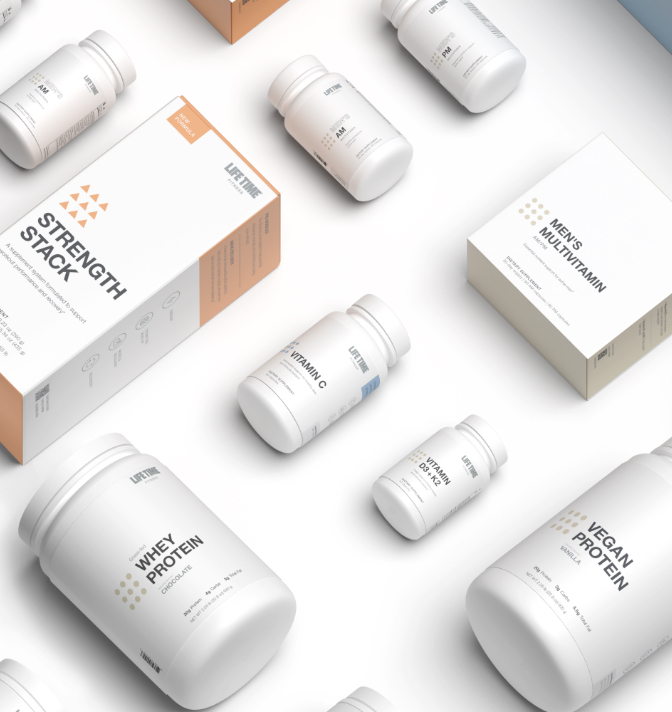Some people use herbal remedies to help manage acute stressors, but sustained anxiety relief usually requires a multitiered approach. Integrative psychiatrist Henry Emmons, MD, author of The Chemistry of Calm, advises including nutritional support in any anxiety-relief plan. He recommends these four supplements:
1. Magnesium
This nutrient is essential for the production of serotonin and the support of GABA. But most important, Emmons says, nerve-cell membranes use magnesium to relax after they’ve fired. (See “How Does Magnesium Support Mental Health?” for more.)
This relaxation is crucial because it calms brain activity. “I use a lot of magnesium for people suffering from anxiety and sleep issues,” he says. Studies show roughly half of all Americans aren’t getting enough magnesium from food alone. Emmons recommends a daily dose of 400 to 600 mg in the form of magnesium citrate, threonate, succinate, or glycinate.
2. 5-HTP
Made from the amino acid tryptophan, 5-HTP (short for 5-Hydroxytryptophan) is a precursor of serotonin, which also helps with depression, anxiety’s co-conspirator. 5-HTP also boosts melatonin, which is essential for good sleep. “If you were making a serotonin pie crust, 5-HTP would be analogous to the flour,” says Emmons. “5-HTP is crucial for getting the soothing brain chemical serotonin to be more available.” He recommends 50 to 100 mg up to three times a day.
3. B-complex
Vitamins B6, B12, and B9 (folate) support methylation, a process that tamps down cortisol production. “Plus, vitamin B6 aids in the production of GABA and serotonin, the two brain chemicals most likely to calm the fires of anxiety,” Emmons says.
He recommends 25 to 100 mg daily of B6; 50 to 200 mcg (micrograms) of B12; and 400 to 800 mg of folate.
Some people’s bodies don’t convert folate easily because of a variant in the MTHFR gene. If tests reveal this is the case for you, choose “activated” B vitamins.
4. L-theanine
A naturally occurring amino acid found in green tea, L-theanine balances the glutamine–GABA equation, explains Emmons. Glutamine is a naturally occurring substance that accelerates brain activity, while GABA works in the opposite way, slowing brain action.
“For safety and efficacy, L-theanine is one of the best antianxieties out there,” he says. He recommends taking 100 to 200 mg twice a day.
This originally appeared as “Herbs for Anxiety” in the November 2011 print issue of Experience Life.





This Post Has 0 Comments